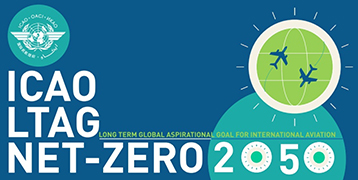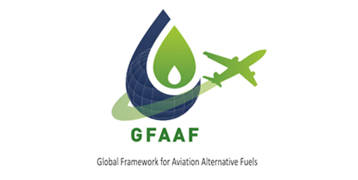Sustainable aviation fuel from Butanol: A Study in optimizing Economic and Environmental impact through process intensification
Chemical Engineering and Processing - Process Intensification
• Volume 200
(2024)
• pp. 109769
FEATURED BOOK
Recent studies have provided a critical evaluation of the production of sustainable aviation fuels (SAFs) from biobutanol derived from biomass, underscoring their essential role in diminishing carbon emissions in the aviation industry. These studies highlight the significance of SAFs, particularly for long-haul flights, where they offer a viable solution for decarbonization and environmental sustainability. This process involves the conversion of biomass to butanol through the Acetone-Butanol-Ethanol (ABE) process and subsequent upgrading to SAF using the Alcohol-to-Jet (ATJ) pathway. Process intensification techniques have been integrated downstream with a simultaneous saccharification-fermentation (SSF) reactor, and upstream with a Petlyuk distillation column, aiming to optimize the system configuration to minimize Total Annualized Cost (TAC) and environmental impact as measured by the Eco-Indicator 99 (EI99) method.Metaheuristic optimization techniques were applied, leading to a process output of 91,358 kg/h of butanol and 45,833 kg/h of biojet fuel. The economic and environmental assessments of the process resulted in a TAC of USD 12,614/kg and an EI99 of 1.329x10^8 points/kg. These findings suggest that the integrated biorefinery approach is a promising and efficient strategy for SAF production, contributing to the expansion of renewable energy sources in alignment with the United Nations' Sustainable Development Goals.
5 total downloads



 Back
Back



